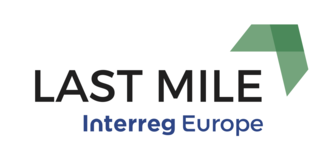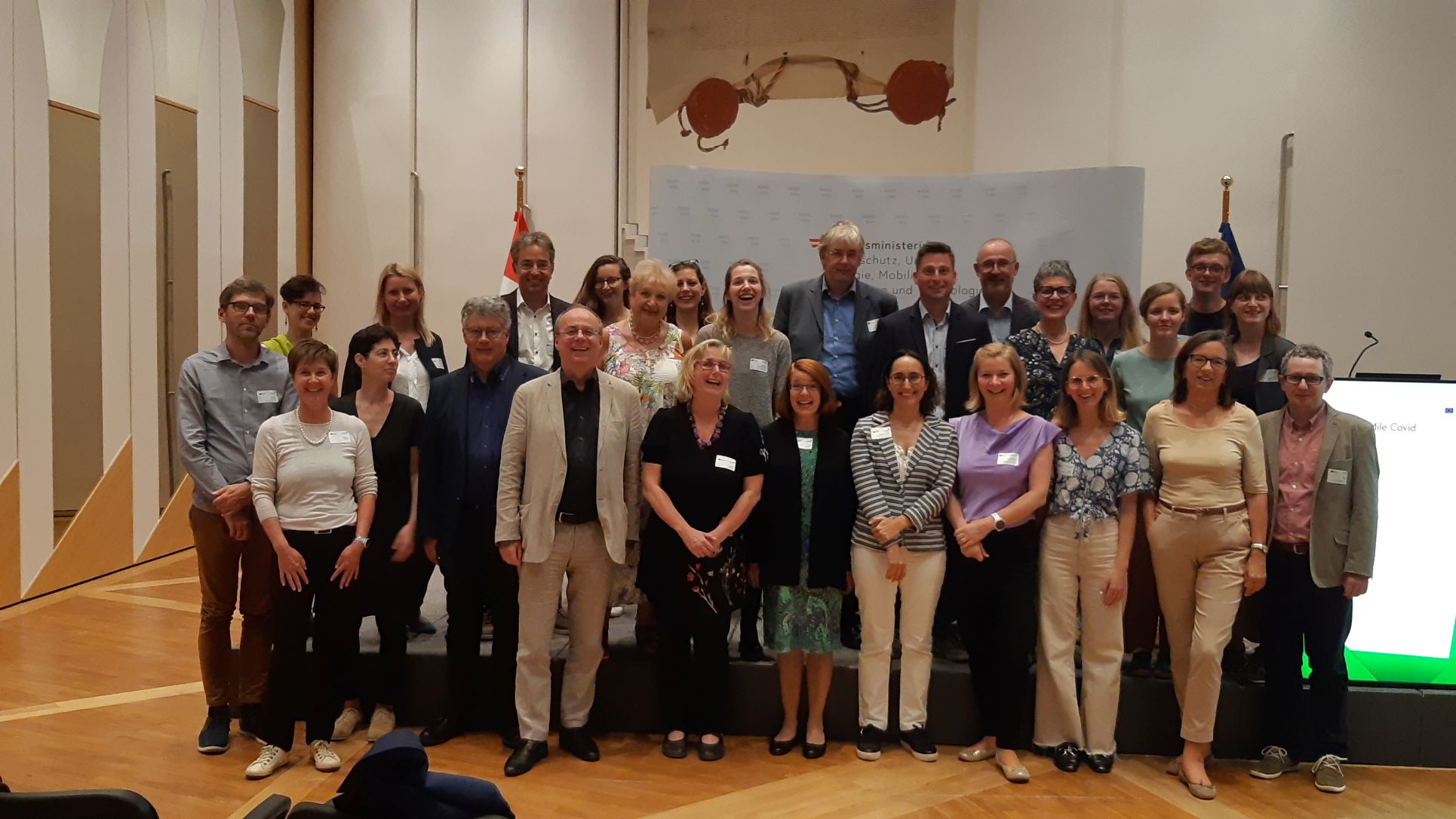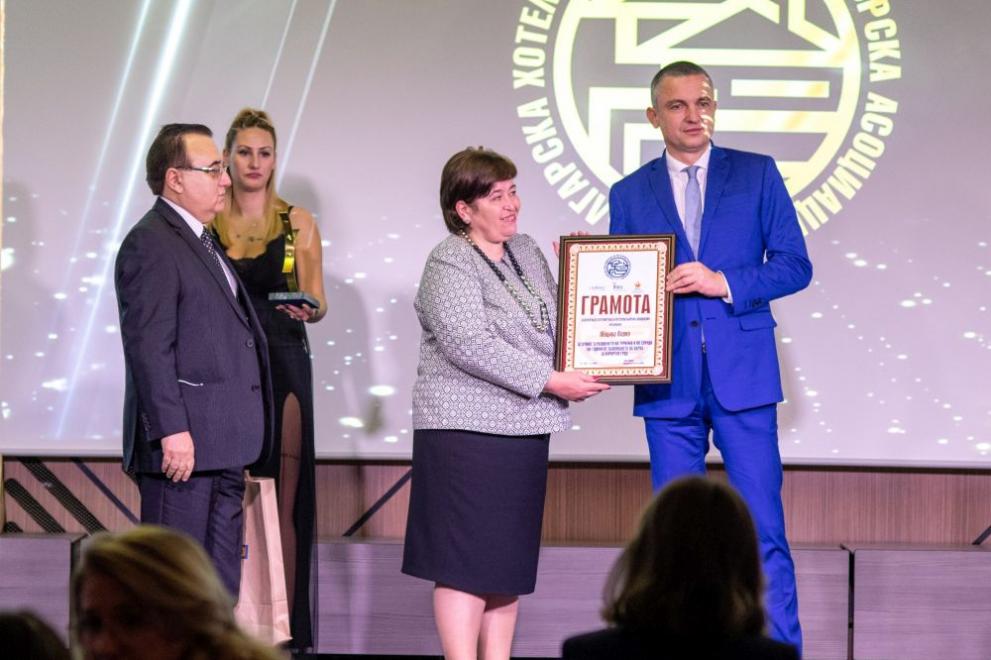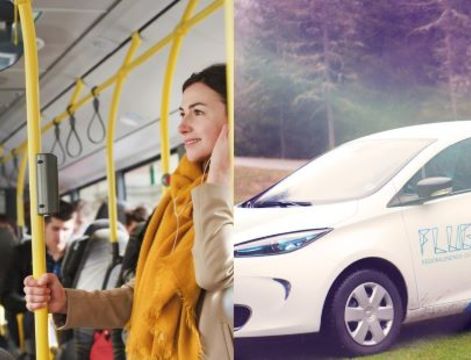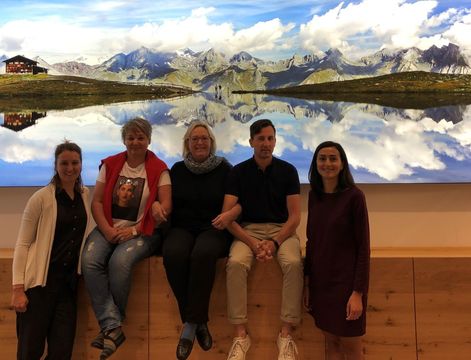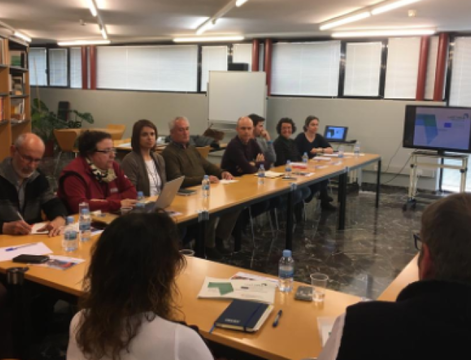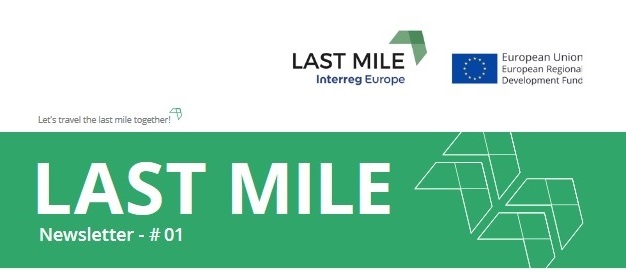The Last Mile project aimed at finding sustainable, flexible transport systems (FTS) for the last mile in the transport chain in tourism. After the end of the project in 2020 6 project partners started November, 3rd with a 3rd phase of LAST MILE. As the COVID-19 crisis impacted severely many of the identified FTS, six partners from 5 regions (AT, BG, ES, LU, SK) want to identify the effects on FTS the COVID-19 crisis had on them and search for good practices for the current situation and possible challenges in the future.
How does the COVID-19 crisis impact many of the flexible transport systems?
First of all, a loss of confidence in public transport was perceived. People intended to use individual modes of travel (i.e., the car) to minimize the risk of infection and refrained from using Public Transport, resulting in a loss of customers also for the last mile solutions. Furthermore, the tourism mobility changed: the COVID-19 measures, especially the movement restrictions, had huge effects on the travelling and recreational behaviour of people. In many regions, tourism came to a standstill – aggravating the lack of passengers for sustainable modes of transport. In some regions, yet there was a rise in local tourism, creating new challenges as increased individual traffic or the need for visitor and parking management. After all there is a chance that mobility patterns will change. Flexible transport solutions might gain in importance after the COVID-19 crisis, i.e., to restart Public Transport where it has suffered.
What is the aim of the project extension?
In this project extension, 6 partners aim to find measures that solve problems and challenges flexible transport systems had to face during the COVID-19 crisis in every region. Measures to recover from the crisis and which also can be solutions to further crises or be a chance for the development of new strategies i.e., the stronger local tourism?
.
What are the next steps?
The current project extension will last one year. During this time the six partners, which have already been engaged in the main project, exchange on the impacts of the COVID-19 crisis on their regions and derive new solutions for the future. Therefore, each region analyses the status quo of its flexible transport systems and the effects the COVID-19 crisis had on them. These analyses will be discussed, and conclusions will be made.
A further part are the exchanges with regional stakeholders. Regular stakeholder meetings will take place in every region and three interregional exchange meetings are foreseen. Beside these good practices for the recovery of flexible transport systems will be analysed. A study visit to one of the participating regions will show a good practice. This opportunity will provide options to discuss these learnings and identify measures to face and recover from the crisis.
Who are the partners?
Again on board are Environment Agency Austria as Lead Partner, the Regional Management East Tyrol (Austria), the Agency for the Support of Regional Development Kosice (Slovakia), the Club Sustainable Development of Civil Society (Bulgaria), General Direction of Transport and Mobility. Ministry of the Vice-presidency, Digital Policies and Territory. Government of Catalonia, – Government of Catalonia (Spain) and the Upper Sûre Nature Park (Luxembourg ).
